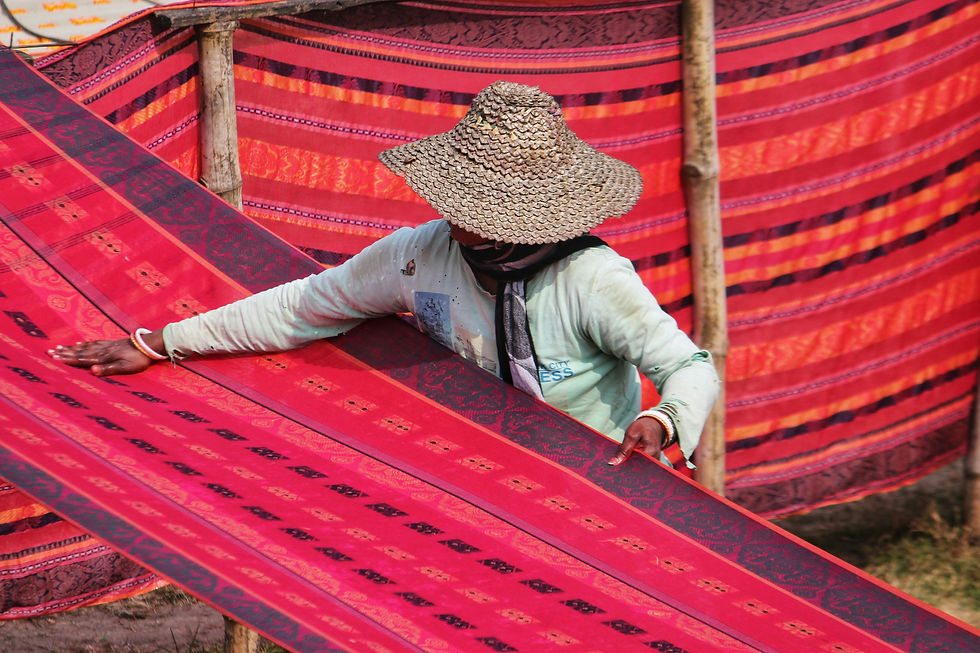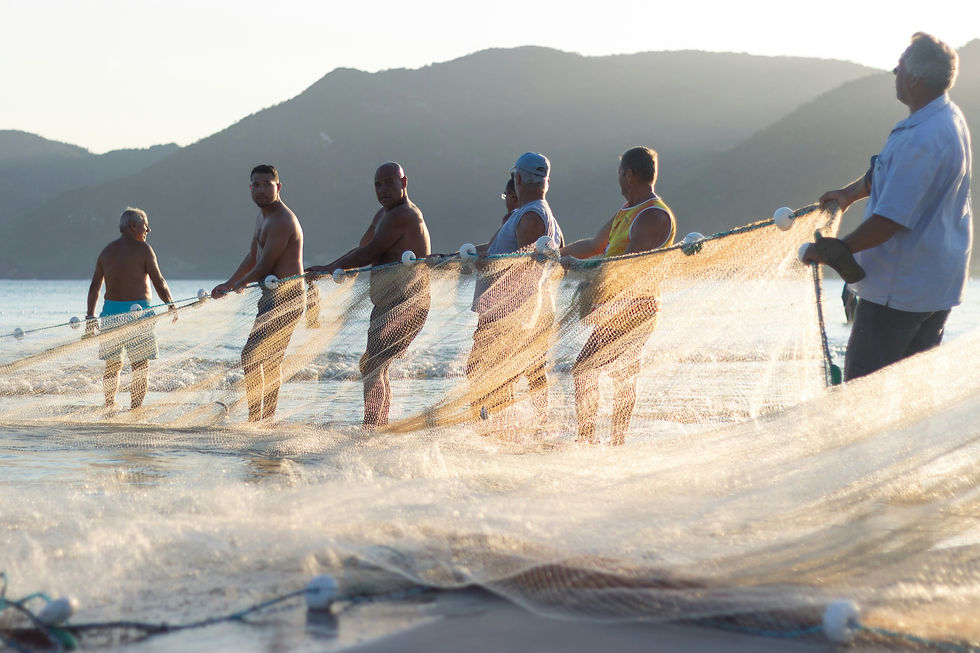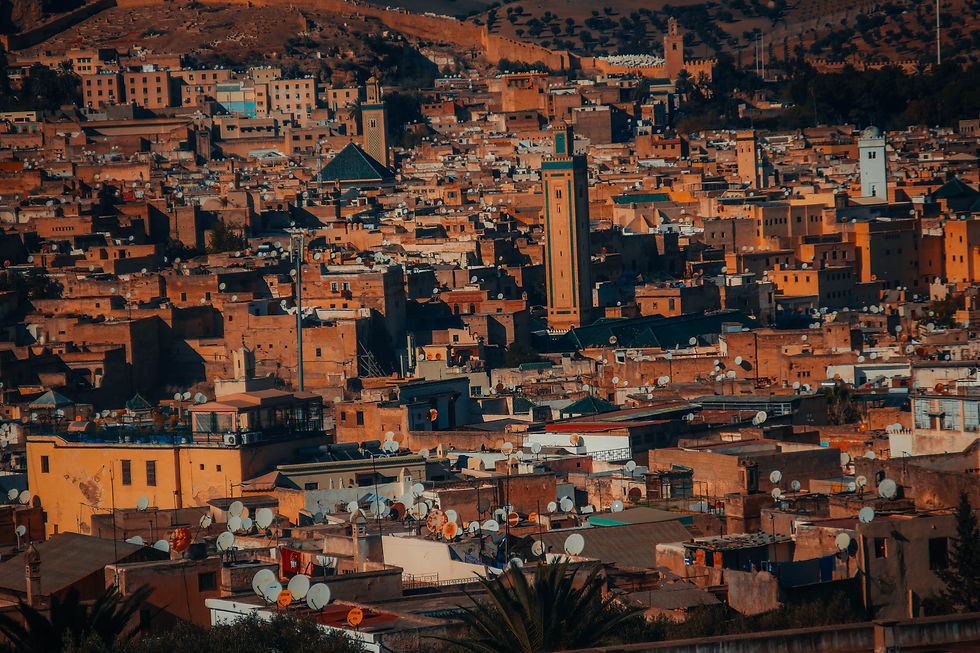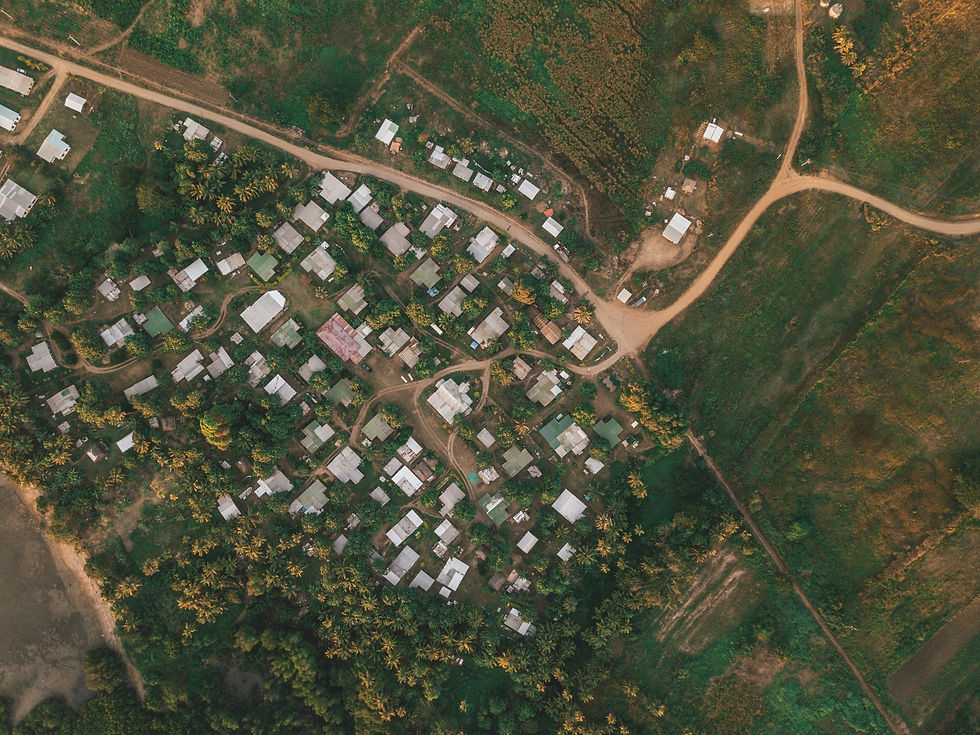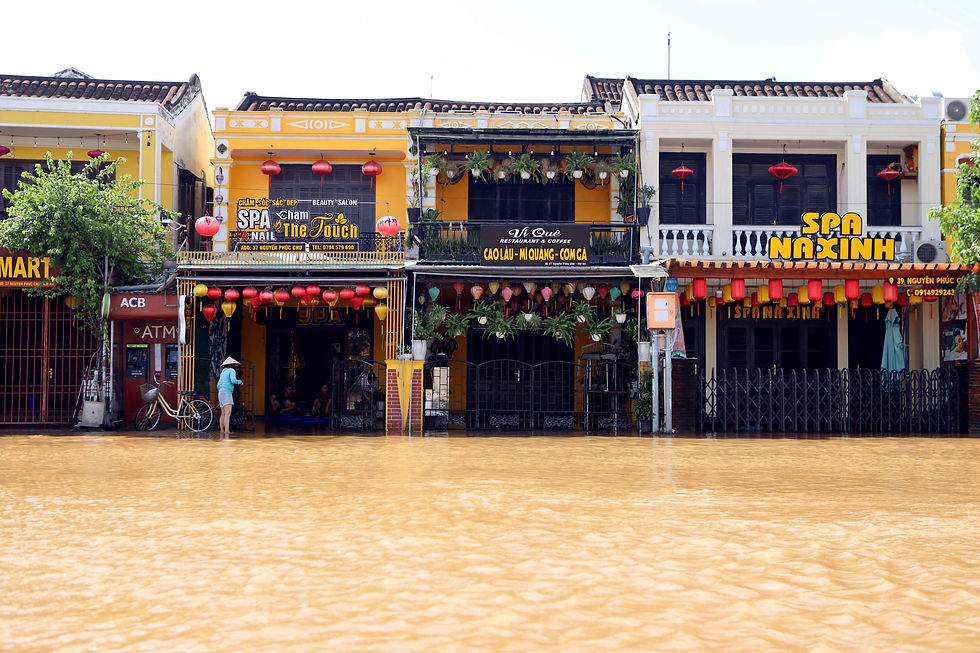
MCII 20TH ANNIVERSARY
Major Institutional Milestones & Highlights
An overview of OUR journey, from foundational moments to global impact.


Founding the Institution – The Birth of MCII
Following the UNFCCC workshops, experts from the insurance industry, civil society and academia gather near Munich in two foundational meetings to explore how insurance can support climate-affected communities. The Munich Climate Risk Insurance Initiative (MCII) is born, initially named Munich Insurance Related Action (MIRA). Its mission is presented to the international community at COP 11 in Montreal.
2005


Hosting at United Nations University – Institute of Environment and Human Security MCII and UNU sign a cooperation agreement.
The project office of MCII becomes integrated into one of UNU-EHS' academic sections
2006


Convening Insurance Industry Voices & Policy Success
MCII, in collaboration with the Geneva Association, UNEP-FI, and CLIMATEWISE, develops and secures signatures for an industry statement calling for expedited action on climate adaptation and risk sharing. This year also marks a significant policy success at COP 16 in Cancun, which establishes a work programme for the "possible development of a climate risk insurance facility" to address impacts from severe weather events.
2010


MCII Goes Solutions – Launching the CRAIC Project
The Climate Risk Adaptation and Insurance in the Caribbean (CRAIC) project is launched. This initiative marks a shift towards facilitating concrete climate risk insurance solutions in climate vulnerable markets.
2011


Elevating Vulnerable Country Voices
In a consortium with Germanwatch, UNU-EHS, and ICCCAD Bangladesh, MCII works with the Least Developed Country Group through the "Loss and Damage in Vulnerable Country Initiative" to advocate for a decision on loss and damage. This effort contributes to the creation of the Warsaw International Mechanism for Loss and Damage at COP 19 in 2013.
2012


Policy Commitment to Scale Climate Risk Insurance – Pro-Poor Principles
Ahead of the crucial COP 21 in Paris, MCII, through publications and public events, plays a key role in shaping the G7 commitment to protect up to 400 million people from climate risks. This includes the development of Pro-Poor Principles for climate risk insurance.
2015


MCII wins UNFCCC Momentum for Change Award at COP 20
MCII also receives significant global recognition by winning the UNFCCC Momentum for Change Award. The award was given for innovative work in implementing climate risk insurance for vulnerable people in developing countries specifically the LPP in St. Lucia.
2017


Expanding Partnerships and Knowledge
MCII becomes a technical partner for the V20 Group of Finance Ministers, deepening its engagement with vulnerable countries on financial protection against climate impacts. Later on, MCII also intensifies collaboration with civil society actors; through MAPs (Multi-Actor Partnerships) to build local capacities for climate risk insurance.
2018

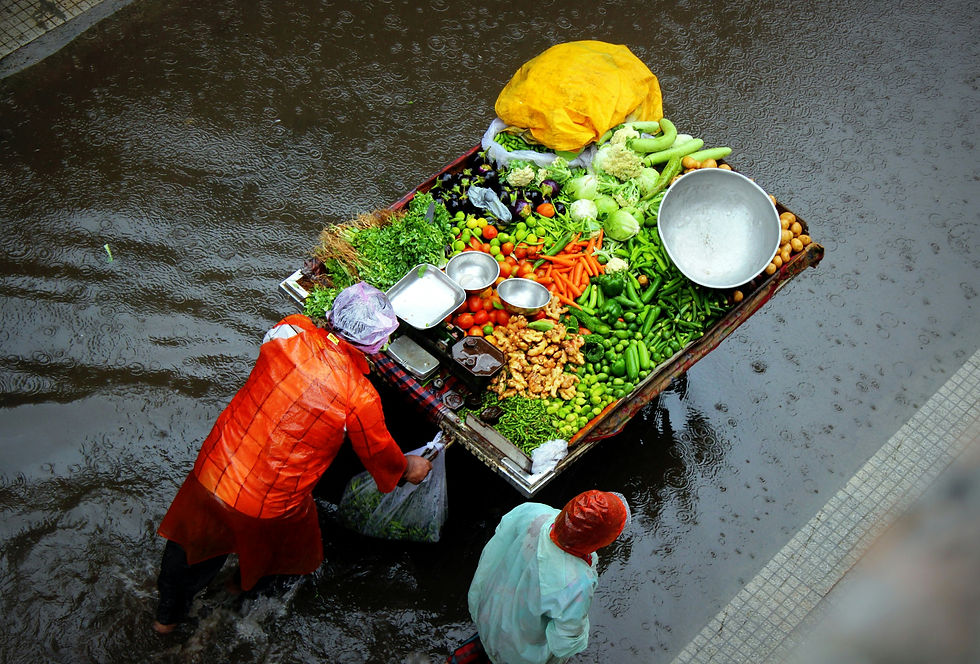
Pushing for Premium Support
MCII highlights affordability and equity challenges in providing climate risk insurance. Several dialogues and publications result in a G7 decision to accept international premium and capital support principles.
2019


Enhancing Regional Capacities & Footprint
The Caribbean work is transitioning to regional sovereign catastrophic risk pool and local partner, the Caribbean Climate Risk Insurance Facility SPC. In the Pacific, a new partnership with the UN Capital Development Fund (UNCDF) shapes up. MCII through UNU-EHS becomes an implementing partner in the Pacific Insurance and Climate Adaptation Programme (PICAP), which subsequently facilitates the development and introduction of the first parametric microinsurance products across the Pacific starting in Fiji.
2020


Contributing to the Global Shield
MCII makes significant contributions to the establishment and initial work of the Global Shield against Climate Risks, a major international initiative aimed at boosting pre-arranged finance for climate and disaster risks.
2022


Operationalizing Loss and Damage Finance
The Fund for Responding to Loss and Damage is operationalized with initial pledges, a crucial step in addressing the unavoidable impacts of climate change, reflecting years of advocacy by MCII and its partners.
2023


MCII Celebrates 20 Years of Impact
Twenty years after its founding, MCII is plays a role in 17 projects and initiatives globally and cooperates with over 100 international partners to advance climate and disaster risk financing and insurance for vulnerable countries.
2025


Hosting at United Nations University – Institute of Environment and Human Security MCII and UNU sign a cooperation agreement.
The project office of MCII becomes integrated into one of UNU-EHS' academic sections
2006


Convening Insurance Industry Voices & Policy Success
MCII, in collaboration with the Geneva Association, UNEP-FI, and CLIMATEWISE, develops and secures signatures for an industry statement calling for expedited action on climate adaptation and risk sharing. This year also marks a significant policy success at COP 16 in Cancun, which establishes a work programme for the "possible development of a climate risk insurance facility" to address impacts from severe weather events.
2010


Elevating Vulnerable Country Voices
In a consortium with Germanwatch, UNU-EHS, and ICCCAD Bangladesh, MCII works with the Least Developed Country Group through the "Loss and Damage in Vulnerable Country Initiative" to advocate for a decision on loss and damage. This effort contributes to the creation of the Warsaw International Mechanism for Loss and Damage at COP 19 in 2013.
2012


Policy Commitment to Scale Climate Risk Insurance – Pro-Poor Principles
Ahead of the crucial COP 21 in Paris, MCII, through publications and public events, plays a key role in shaping the G7 commitment to protect up to 400 million people from climate risks. This includes the development of Pro-Poor Principles for climate risk insurance.
2015


MCII wins UNFCCC Momentum for Change Award at COP 20
MCII also receives significant global recognition by winning the UNFCCC Momentum for Change Award. The award was given for innovative work in implementing climate risk insurance for vulnerable people in developing countries specifically the LPP in St. Lucia.
2017


Pushing for Premium Support
MCII highlights affordability and equity challenges in providing climate risk insurance. Several dialogues and publications result in a G7 decision to accept international premium and capital support principles.
2019


Operationalizing Loss and Damage Finance
The Fund for Responding to Loss and Damage is operationalized with initial pledges, a crucial step in addressing the unavoidable impacts of climate change, reflecting years of advocacy by MCII and its partners.
2023


MCII Celebrates 20 Years of Impact
Twenty years after its founding, MCII is plays a role in 17 projects and initiatives globally and cooperates with over 100 international partners to advance climate and disaster risk financing and insurance for vulnerable countries.
2025
2005


Founding the Institution – The Birth of MCII
Following the UNFCCC workshops, experts from the insurance industry, civil society and academia gather near Munich in two foundational meetings to explore how insurance can support climate-affected communities. The Munich Climate Risk Insurance Initiative (MCII) is born, initially named Munich Insurance Related Action (MIRA). Its mission is presented to the international community at COP 11 in Montreal.
2011


MCII Goes Solutions – Launching the CRAIC Project
The Climate Risk Adaptation and Insurance in the Caribbean (CRAIC) project is launched. This initiative marks a shift towards facilitating concrete climate risk insurance solutions in climate vulnerable markets.
2018


Expanding Partnerships and Knowledge
MCII becomes a technical partner for the V20 Group of Finance Ministers, deepening its engagement with vulnerable countries on financial protection against climate impacts. Later on, MCII also intensifies collaboration with civil society actors; through MAPs (Multi-Actor Partnerships) to build local capacities for climate risk insurance.
2020


Enhancing Regional Capacities & Footprint
The Caribbean work is transitioning to regional sovereign catastrophic risk pool and local partner, the Caribbean Climate Risk Insurance Facility SPC. In the Pacific, a new partnership with the UN Capital Development Fund (UNCDF) shapes up. MCII through UNU-EHS becomes an implementing partner in the Pacific Insurance and Climate Adaptation Programme (PICAP), which subsequently facilitates the development and introduction of the first parametric microinsurance products across the Pacific starting in Fiji.
2022


Contributing to the Global Shield
MCII makes significant contributions to the establishment and initial work of the Global Shield against Climate Risks, a major international initiative aimed at boosting pre-arranged finance for climate and disaster risks.

